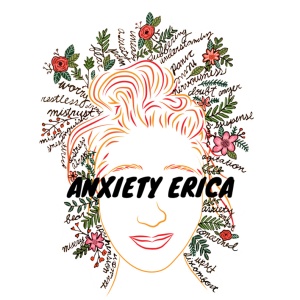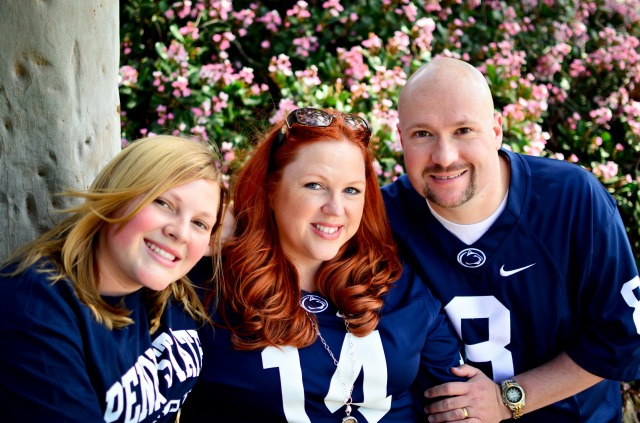Experiencing a panic attack for the first time back in 2007, Michael didn’t make the decision to get help until 2012. Living alone with his anxiety for five years, he welcomed this new chapter of life.
Recovering from anxiety, depression and agoraphobia, Michael has come out on the other side a kinder, more understanding, and stronger human being. Read Michael’s full story below.

Name: Michael
Age: 26
What was the resounding moment when you decided to get help? What made you do it?
In 2007, I experienced a panic attack for the first time. It wasn’t until 2012 that I decided I needed professional help. My decision to leave it for five years and to live alone with it, was one of my biggest mistakes during my battle. The first few years, I would have panic attacks and be able to get on with my day as normal, it wasn’t stopping me from traveling, working, having a social life. It was always with me but didn’t have a hold over me. In 2012, I went through a bad break up – this is when my anxiety went from 60% to 110%. This was the stage I first started to experience depression, even though the relationship was very negative and a big cause of most of my anxiety.
It was the first time I felt alone with my anxiety, even though I never told the person I was in a relationship with. I always just felt safe having her by my side. So now, I am alone, anxious, and depressed. I decided this was the time I really need to sort my life out and number one on my list was professional help for my mental illnesses.
How does it affect your everyday life now? Challenges? What skills have you learned to cope?
Anxiety is now apart of my day to day life. From the moment I wake up, it’s on my mind until the moment I go to sleep. On bad days it keeps me up. My anxiety over took everything at one point – I moved back home with my parents, left my job, slowly distanced myself from all my friends and I went through a stage of about six months where I didn’t even leave my home. My anxiety and depression now had agoraphobia to add to my mental illnesses.
My life felt like it was done. I was very suicidal. So many suicidal thoughts, but I never really had the intention to follow through. I was at the point where I was so afraid of dying I stopped living. Help wasn’t coming to find me, so I found out you could have therapy session via Skype. My therapist was the first person that made me believe there was a way out. After an hour session I actually had hope. The first thing we worked on was my anxiety – how to cope with a panic attack. I was told to accept the panic attack, reassure myself I will be fine, like the other times and let it pass. Such a simple coping method, but for me so effective. Taking my phone out and playing a game is a coping method I still use now. Distracting my mind during an attack is the most effective way to stop me sitting and overthinking and making it a full blown attack.
I have social anxiety and healthy anxiety. The health anxiety always becomes effective during an attack. I always fear a heart attack, so I use a app called Calm and do some breathing techniques to bring my heart rate back down. My agoraphobia is something I’m still working on, but I have a few methods. I used to drink alcohol just to get me out the house, but this was helping my anxiety for that afternoon. The next day, my anxiety was 100x worse, so I stopped that.
My agoraphobia recovery is simple – I have to face it. It started out with a three minute walk to the end of my street – small steps nothing crazy. Some days I would turn back after 20 seconds. Walking with someone makes it easier for me, walking my dog or having my headphones in. All of these mental illnesses are still in my life, but I don’t fight them anymore. I accept them and let them pass. I face them, the more I meet them, the weaker they are become.
How has living with this mental illness benefited your life? What has it given you?
It has made me kinder, more understanding, and more grateful for my life. It has helped me become closer with my family and I have made some new amazing friends that understand and support me.
What is one piece of advice you would give yourself when you were struggling the most with your mental illness?
Talk about it. Get help as soon as possible. Don’t be ashamed that you have a mental illness and don’t be so hard on yourself – you didn’t choose this.
The dark hole you are in now is possible to get out of. I have seen and heard many people doing it and I am half way out myself.
Are you a work in progress? Share your story in the comments below to be featured on the blog!











